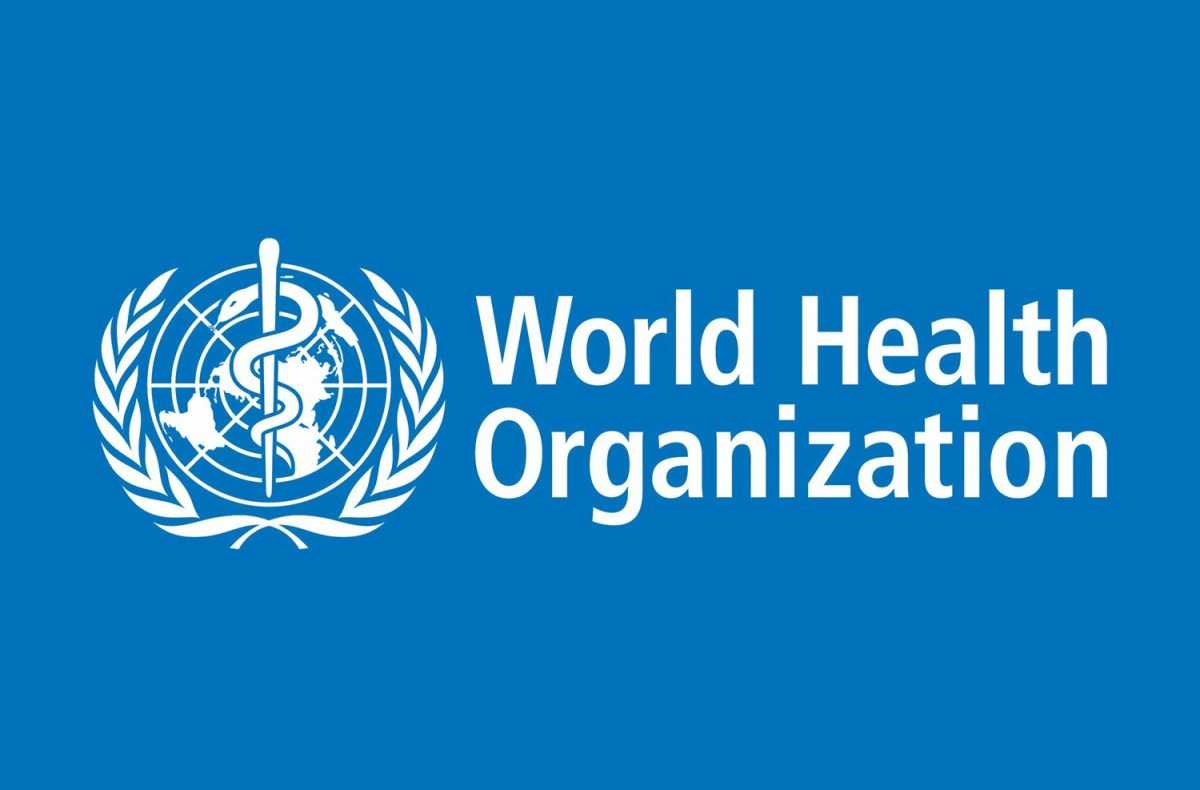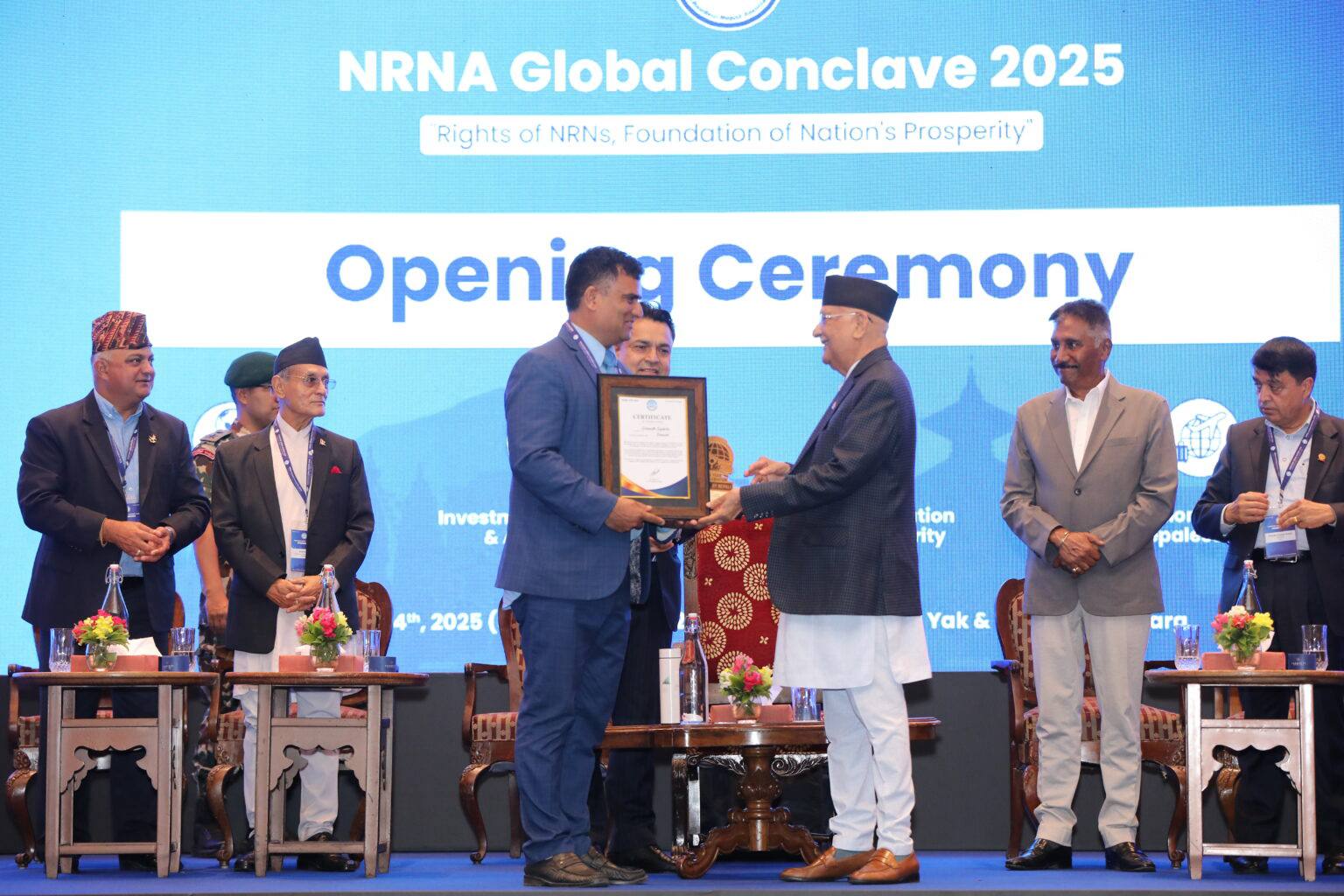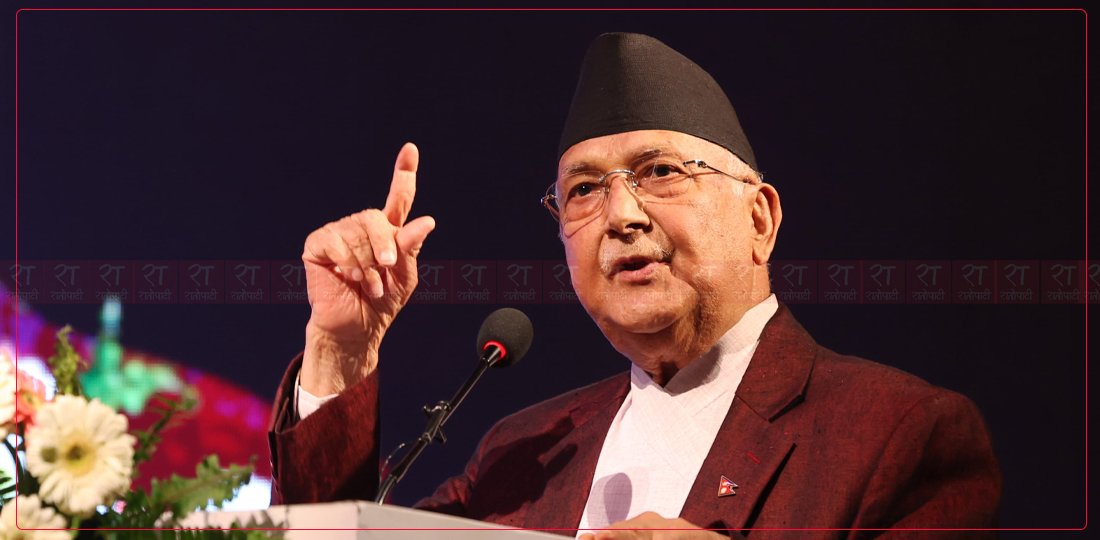COVID-19: WHO removes Nepal from high risk zone, puts into risk zone

Kathmandu - Nepal is no more in the high risk zone, but in risk zone in view of COVID-19 infection. The World Health Organisation (WHO) removed Nepal from the list of high risk zone to put it in the risk zone few days ago. The WHO latest assessment was based on efforts Nepal has taken in the prevention and containment of the deadly virus.
According to joint spokesperson for the Ministry of Health and Population, Dr Samir Kumar Adhikari, Nepal was earlier assessed as the highly vulnerable country in view of the COVID-19 due to the emergence of virus in its northern neighbour and open borders with the southern neighbour.
It was removed from this list being based on measures it applied in the prevention, control and treatment of the virus. It may be noted that Nepal has gone into nationwide lockdown since March 24 and has also sealed its international borders including with India to stem the spread of virus. Nepal's decision to implement lockdown has proved to be a timely measure against the virus as it lessened the risk of imported cases, according to Dr Adhikari.
''Moreover, the COVID-19 testing coverage has been expanded.'' The COVID-19 Prevention and Control High-Level Coordination Committee has been formed under the convenorship of Deputy Prime Minister Ishwor Pokhrel. Similarly, COVID-19 Disaster Management Center has been established. Both mechanisms are meant for combating the virus. Besides, nationwide 25 hospitals have been developed into corona hub hospitals to treat the COVID-19 patients.
Nepal had entered the second phase of transmission with the detection of a family transmitted case in Kailali earlier this month. The COVID-19 testing through PCR procedures are underway in 15 places and the RDT is going in 75 districts. One test is conducted in every 250 population. So far, 9,409 have undergone PCR testing while RDT has been applied to 38,089 . So far, 10 out of 49 confirmed to have contracted the virus, have returned home after a successful recovery.
Similarly, those returned from home from abroad in the wake of global pandemic of COVID-19 are made to stay in quarantine at least for 14 days. The quarantine rule is mandatory for them. At present, 12,985 people are in quarantine and 89 are under isolation care. Mobile tracing of suspected cases goes on. Mobile tracing is assisted by mobile Apps and a call center. Through mobile Apps, 24926 have conducted self-testing. The worldwide cases of coronavirus are 1,828,256 while 197,354 have died from the virus.










Leave Comment